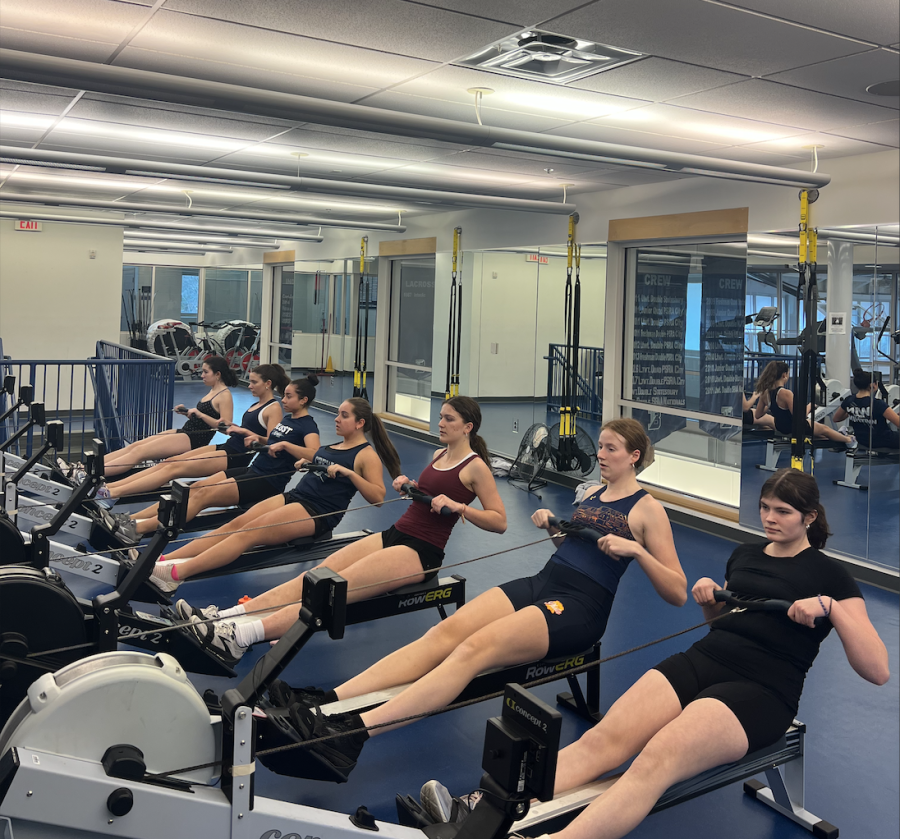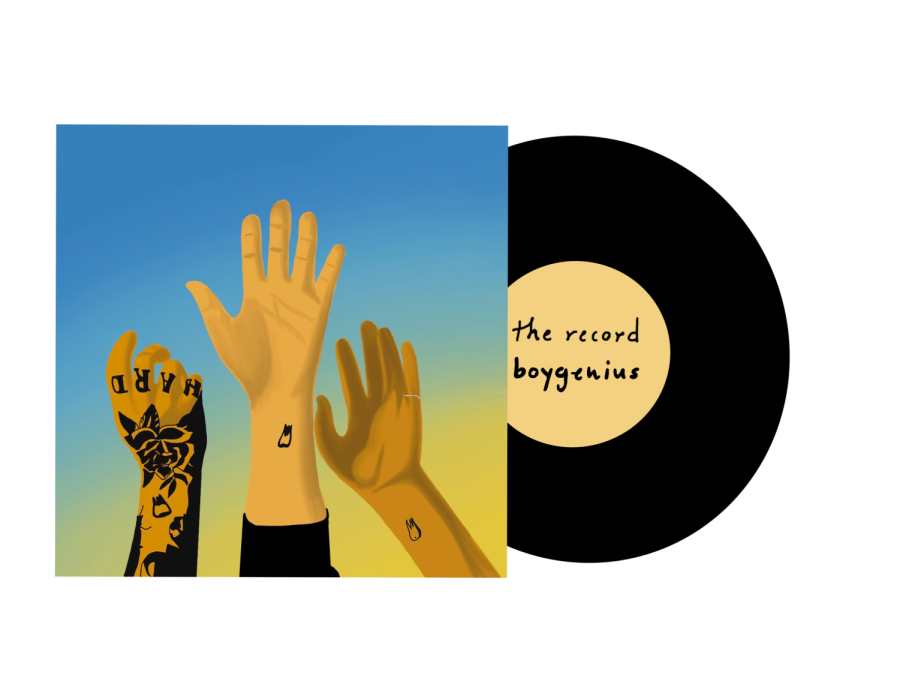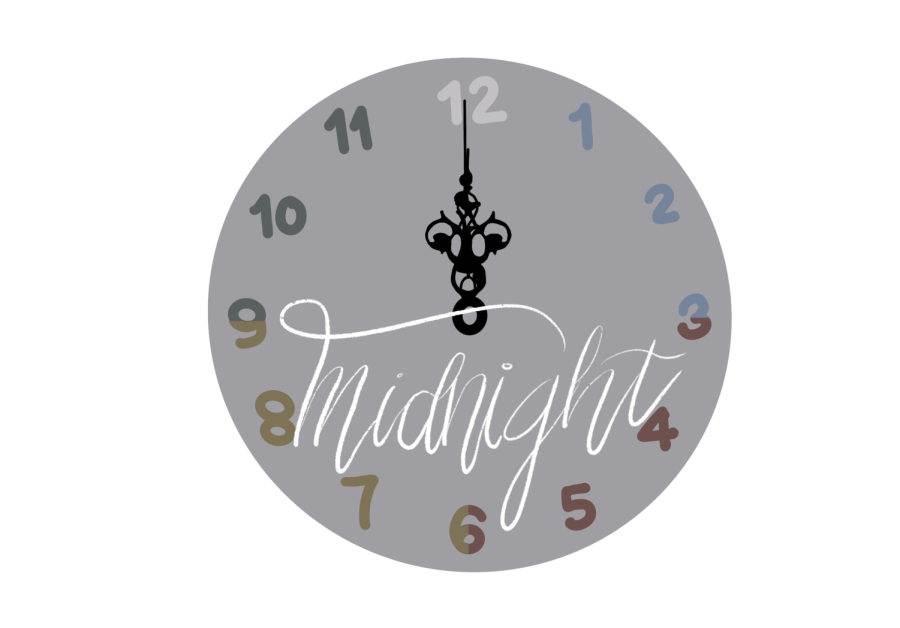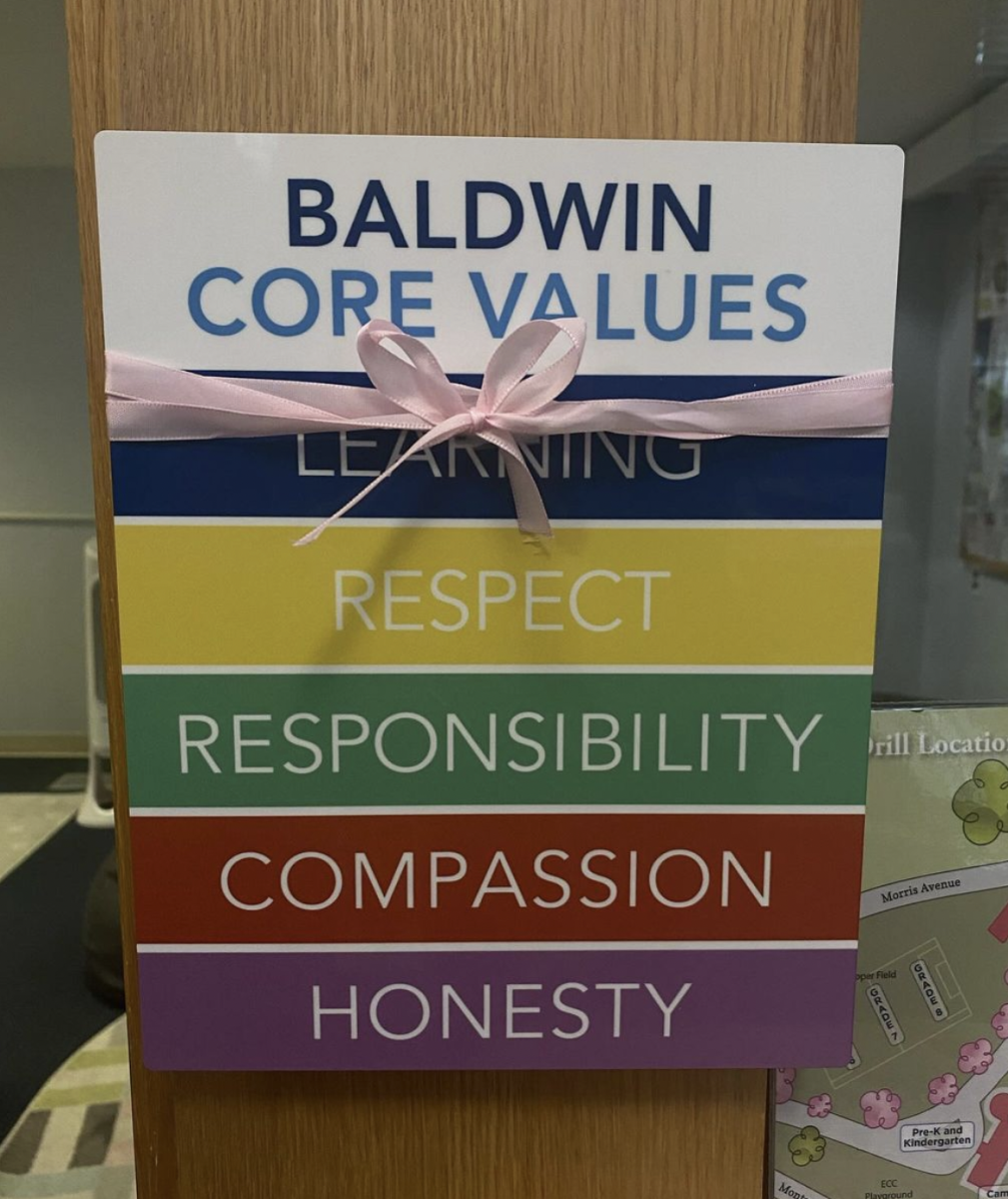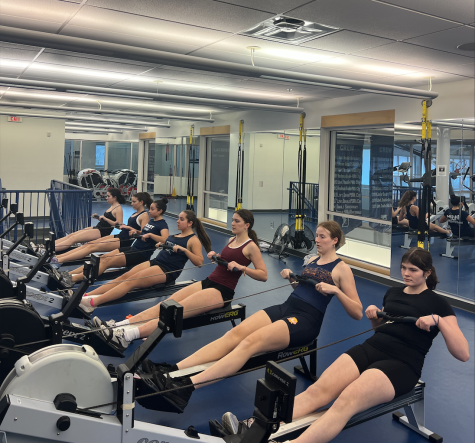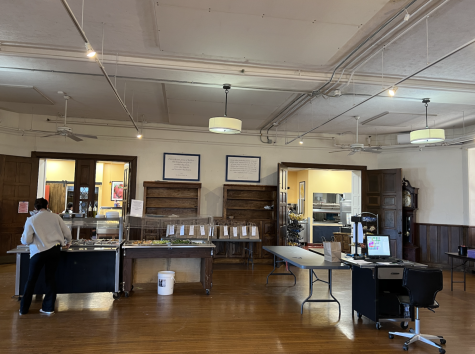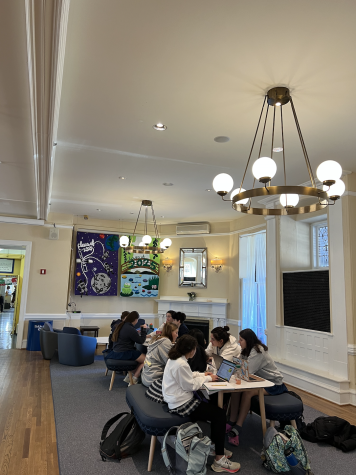The Power of Indie Filmmaking
How an independent production company changed the film industry
Image Courtesy of Greyson Walko’25
Design and graphics by Greyson Walko ’25
As defined by Dictionary.com, an art-house film is “a movie made primarily for aesthetic reasons rather than commercial profit, often of an experimental nature or having an unconventional or highly symbolic content, aimed typically at a limited audience.”
Such a lengthy interpretation proves a single point: art-house films are ill-fated for success. In the age of blockbusters and special effects, audiences seem to diminish the importance of art-house films, instead buying into the appeal of superficial entertainment: franchise films, reboots, or adaptations of books or video games. As a result, people no longer seem to perceive films as art, but instead as extravagant, visually appealing thrill rides.
This is not the direct result of a change in audience taste; rather it reveals a larger, more alarming problem: we no longer want to embrace new ideas. Instead, we choose to immerse ourselves in an overwhelming amount of repetitive media.
While companies such as Universal Pictures and Disney are producing these “high-concept,” high-thrill movies with over-saturated images and an overbearing soundtrack, the independent production company A24 emerged in 2012 and subsequently revived the art-house, or indie film genre, saving Hollywood from the doom of commerciality.
Founded by Daniel Katz, David Fenkel, and John Hodges in New York City, A24 tells stories of characters that often go invisible in mainstream Hollywood. For example, Moonlight (2016), directed by Barry Jenkins, accounts a young Black man’s struggles with sexuality and masculinity growing up in Miami. Minari (2020), directed by Lee Isaac Chung, follows a Korean family who starts a farm in 1980s Arkansas. The Whale (2022), directed by Darren Aronofsky, accounts a week in the life of an English teacher struggling with obesity as he comes to terms with his estranged daughter and grieves over his dead lover. A24 has delivered films of profound cultural impact and sharp social critique, proving that genuine artistry is not a dying art form.
What separates A24 from other major film companies, however, is its continual support of lesser-known directors and low-budget productions. Lady Bird (2017), a story about an ambitious girl struggling against her mother’s expectations during her senior year at a Catholic high school, was Greta Gerwig’s directorial debut. Eighth Grade (2018), directed by comedian Bo Burnham, details the life of an introverted teenage girl during the final weeks of her middle school days.
While producing innovative stories with unknown directors might seem like a risky move, this is exactly how A24 gained worldwide recognition and won numerous accolades. Moonlight, for one, received widespread critical acclaim and won the Oscar for best picture at the 89th Academy Awards.
Lady Bird was chosen by the American Film Institute as one of the top ten best films of 2017. It received several nominations at the Critics Choice Awards, the Golden Globes, and the 90th Academy Awards. Most recently, Everything Everywhere All at Once (2022), a brilliantly chaotic tale of laundromat owner Evelyn Wang’s traversal through a multiverse of alternate identities and messy situations, swept the 95th Academy Awards, becoming the most awarded film in history.
The power and emotional poignancy of A24 films has captured audiences’ hearts all over the world. The emotional journeys that audiences embark on is what makes all A24 films so profoundly moving and memorable. Whether that’s the heartwarming and relatable story of Kayla in Eighth Grade, or the heart-wrenching yet genuine relationship between Evelyn and her daughter Joy in Everything Everywhere All At Once, we can all find a piece of our own reality reflected in A24 films.
While blockbuster movies still dominate the film industry through its flashy marketing, big-name actors, and thrilling action sequences, A24 films achieve recognition of their own through their simple yet powerful portraits of life as we know it. They remind us that experiences that go invisible are still worthy of being made into something cinematic and beautiful: we truly need films that convey a message larger than the fictional universe in which they exist, symbolic of the human experience that connects us all.




